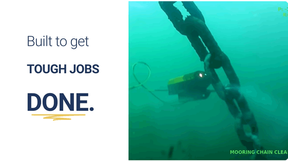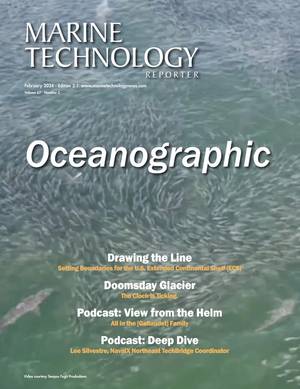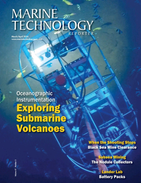Climate Change to Blame for Venezuelan Fishery Collapse
Researchers have found that even small increases in temperature can cause climatology shifts that are harmful to ocean life. A new paper published in the Proceedings of the National Academies of Science shows small changes in temperature have significantly altered trade wind intensity in the southern Caribbean. This process reduces the supply of phytoplankton, a key food source. The paper is the product of nearly 15 years of observations in a highly collaborative NSF-funded effort between researchers at USC, Stony Brook University, the University of South Florida and several Venezuelan institutions. Since late 1995, monthly observations of a range of variables, from nutrient and chlorophyll concentrations to meteorological readings, have been collected at a single location off the coast of Venezuela to establish a long-range record. The sea surface temperature was found to have increased somewhat, about 1 degree Celsius, over the decade-and-a-half. But the effect on the sea life was much more pronounced: beginning in 2006, the population of microscopic diatoms, dinoflagellates and coccolithophorids plummeted, along with the local harvest of sardines. The team thinks the drastic change in ecology results from climatology shifts that go beyond a small temperature increase. The northeast and southeast trade winds converge at the intertropical convergence zone. This thermal equator does not sit exactly on the geographical equator due to a warmer temperature closer to land masses at the northern hemisphere. The northern hemisphere is heating more than the southern hemisphere due to global warming. Researchers have concluded that the thermal equator has moved further north over the past 15 years. This diminishes the strength of the trade winds in this area, which cuts food supply for some fish. The upwelling of ocean water, which is a source of nutrients for phytoplankton, depends on the mixing that winds provide. Less wind thus means less mixing, fewer nutrients for phytoplankton, and fewer phytoplankton to sustain the fish population.













 February 2024
February 2024



